Just after the new year, I was digging through the media at Community Links in Knoxville, TN when I came across these three tapes. To me, this is gold. Finding someone’s music that is nearly forgotten to time, and being able to present it in as high quality as I can is exactly why I got into archiving / digitizing.
It’s just really fun to speculate on how three tapes from an indie artist living in Colorado in the early 1990s made their way to a thrift store bin in East Tennessee. Did someone catch them live while visiting up there? Maybe at the Pearl St. Mall. Or maybe someone had a friend living up there who mailed them some music to check out. It’s rare that I find something like this, but when I do I post it to my audio archive on Youtube.
It looks like Rifkin is still around Colorado and doing their thing! I was able to find an updated artist’s bio (below) and some events on Facebook that they were playing at as recent as 2020!
Artist’s Bio:
“Born in Syracuse, New York, Rifkin began studying classical piano at the age of eight. He majored in piano performance at Indiana University, then studied composition with Nils Vigeland, Dean of Composition, at the Manhattan School of Music.
Rifkin began performing professionally at the age of sixteen and has performed concerts throughout the US, including Los Angeles, Washington DC, and NYC. He has worked with The Lambs Theatre on Broadway, and Syracuse Stage with director Arthur Storch. Rifkin has also worked as rehearsal pianist for The Alvin Alley School of Dance, The Martha Graham School and H.B. Studios in New York.
After moving to Boulder, Colorado in 1991, he began performing works of this own composition for solo keyboards, appearing on the Boulder Pearl Street Mall, and Writer’s Square and the Tabor Center in Denver. He has performed for the Boulder Creek Festival, Art Walk, Busker Rendezvous, The Festival of Trees, For Collins’ New West Fest and Old Town Square, and concerts at the Boulder Theatre and the Paramount Theatre in Denver. He makes regular appearances at the Festival of the Arts in Old Town Tempe, Arizona and at the Arizona Center in Phoenix.
Rifkin describes his music as “evolving classical,” mixing elements of classical, jazz, rock, and alternative music styles combining interwoven melodies with rhythmic intensity. Much of Rifkin’s work originates during live performance, a creative process he calls “improvisational composition.” He approaches his studio recordings in the same manner as his live music without the use of sequencing or tape playback, combining six digital keyboards and a state-of-the-art sound and recording system.
Rifkin currently has four recordings in release: “Visions / No End in Sight”, “Eyes of Your Heart”, “As You Lay in the Dream”, and his latest, “Mosaic”. Yu can find his music at Rocky Mountain Records & Tapes, where he has placed in the top 20 sales, and Mediaplay in Denver.”
The TAPES!
I was thinking about giving a large general review of this music, but as I was digging around on the internet, I came across a few reviews on the CD release version of As You Lay in the Dream, and I wanted to share some quotes. My opinion mirrors the few reviews their music does have —that it is fun and exciting and if more people had the chance of hearing it, I believe it would be immediately enjoyed by the large majority of new listeners.
“New age” music gets a negative connotation for being the kind of dull stuff one might hear at a spa or a hotel lounge, but Rifkin uses the language and tools of new age music to create something exciting and playful, feeling exponentially more surprising given the expectations of genre here. I really liked all three of these tapes, Visions, being my favorite with slow builds to crashing highs punctuated with interesting and moving poems. Anyways, here’s some quotes from other listeners.
Colin Dunn says about As you Lay in the Dream:
Rifkin's body of work from the early- to mid-1990s may be largely forgotten today, but if you find this album, don't pass it up! Of his four albums, I think this one is the best. The music is instrumental piano/synth, but more energetic than your typical "New Age" piano album - there is a definite progressive rock influence here! Some of his best pieces, such as "As You Lay in the Dream," "Dream Suite," and "To Love" are on this album. The album closes with a virtuosic piano concerto, "Look to the Mountain." As a piano / keyboard player, I wish I could get sheet music for this album. Rifkin composes and performs improvisationally, so I doubt that any of the music has been written down. 'Tis a shame really; "Look to the Mountain" is one of my all-time favorite solo piano pieces, up there with the work of Greg Maroney.
Paolo recounts seeing Rifkin live at a street fair in Arizona in 1994
Yes, it was an afternoon of 19 years ago. It was in a kind of open-sky mall, the Arizona Center in downtown Phoenix, when I attended a live performance of Rifkin. It was a free concert. For me it was one of the best concerts I've ever enjoyed. At the end of the concert I went to congratulate the guy and bought his CD. It is still so fresh and lively. A pearl. Several times, during these years, I've searched to find Rifkin had produced more music, but I never found anything else. Enjoy it.
Some Technical Stuff…
As the insert card of each tape states, all three of these tapes were originally recorded straight to D.A.T. which is Digital Audio Tape. This was an early kind of digital audio, vastly superior to normal cassette tapes at the time, but that’s not all. In addition to the original recordings being laid down on D.A.T., each duplication of that master was recorded onto chrome tape or TYPE-II / (Cr02) cassettes for the releases I have here.
The resulting audio is extremely high quality, lacking most of the hiss of a normal TYPE I cassette. In my experience with collecting this type of media, especially from this time period, most artists or bands were lucky to have access to a standard 4 track recorder. These tapes appear to have been recorded in the studio (when they weren’t recorded live) and then duplicated professionally, resulting in very high quality audio with great clarity and dynamic range.
As for my part, I digitized these with a 1977 Teac single cassette deck, which was one of only two decks I own that has an option for TYPE II cassettes, running into a Behringer USB mixing board. I hope I did these justice.
Thanks so much for listening and reading! As always, if you have any questions or comments you can get at me here or here or leave a comment below this post. If you haven’t subscribed to this newsletter yet (it’s free) please think about doing so. If you’d like to check out my other archival work, please check out my Youtube playlists for video and audio archives.
See you soon.
—Forrest





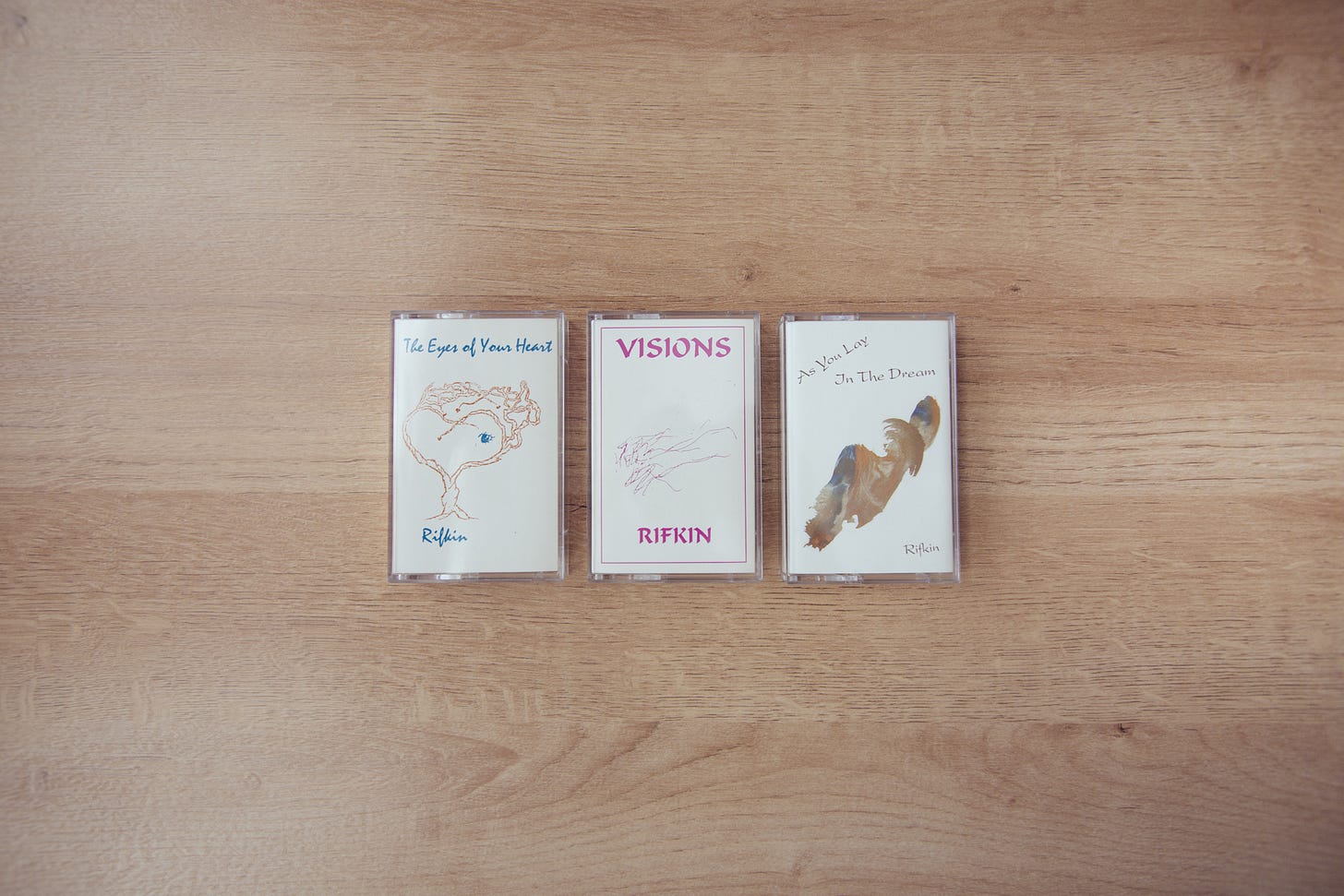
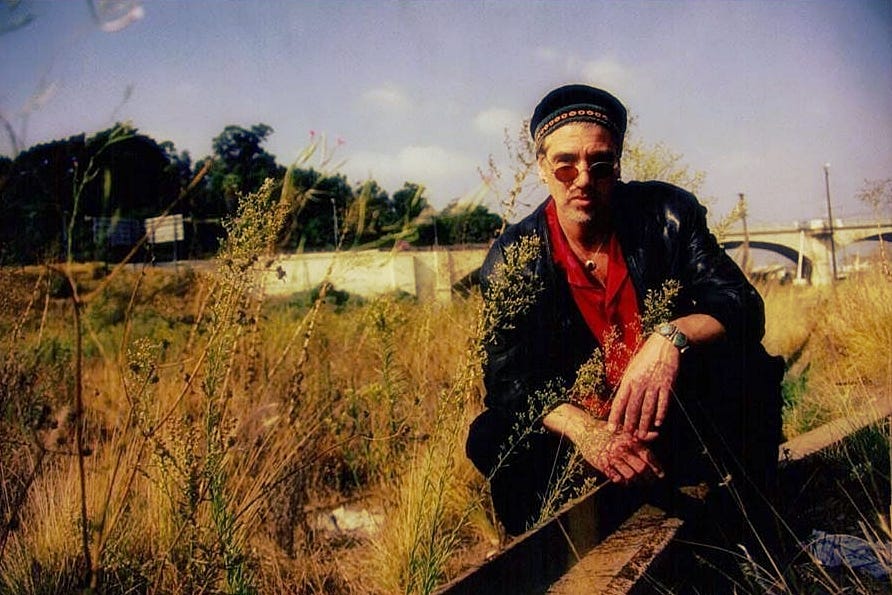
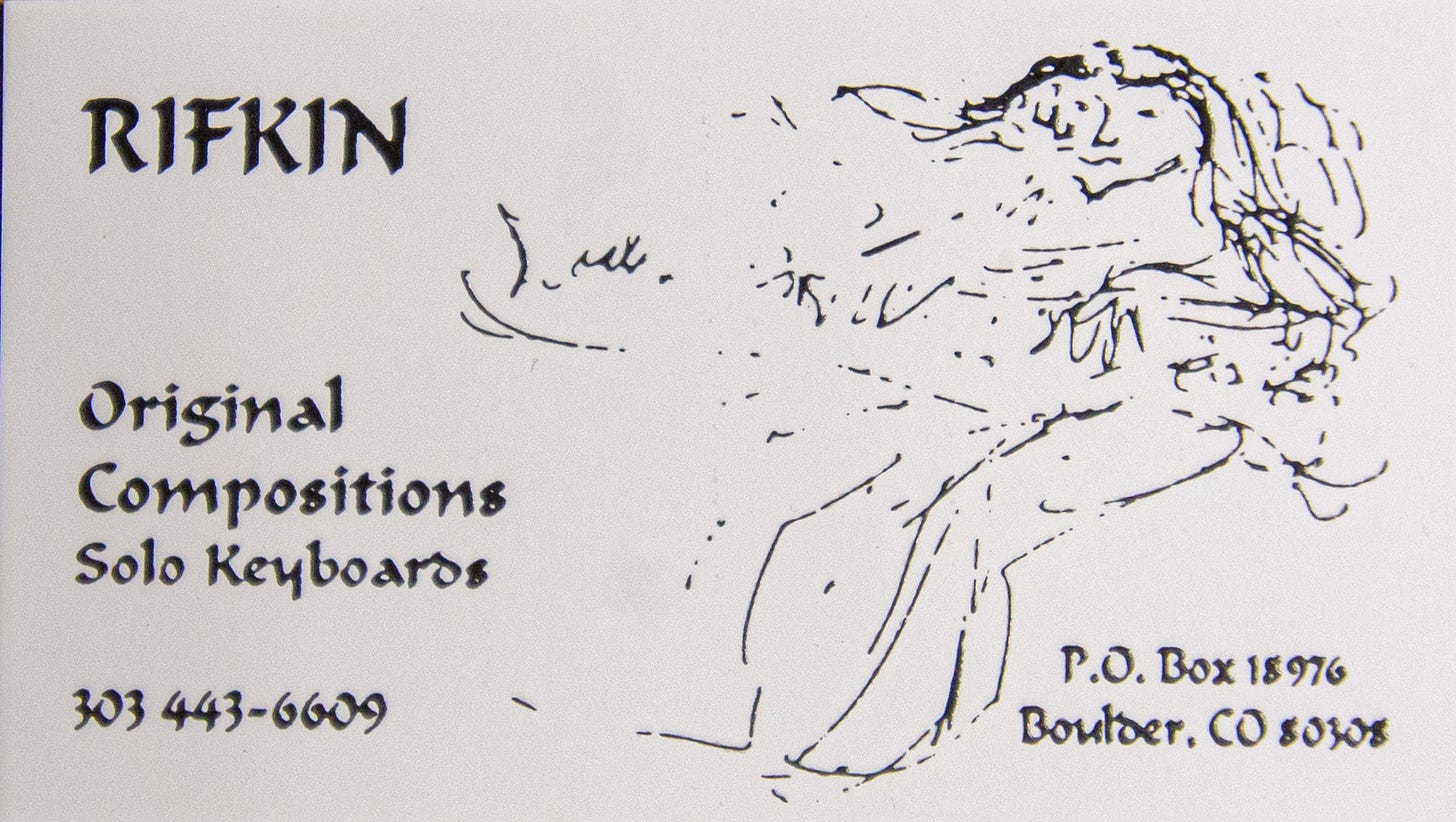
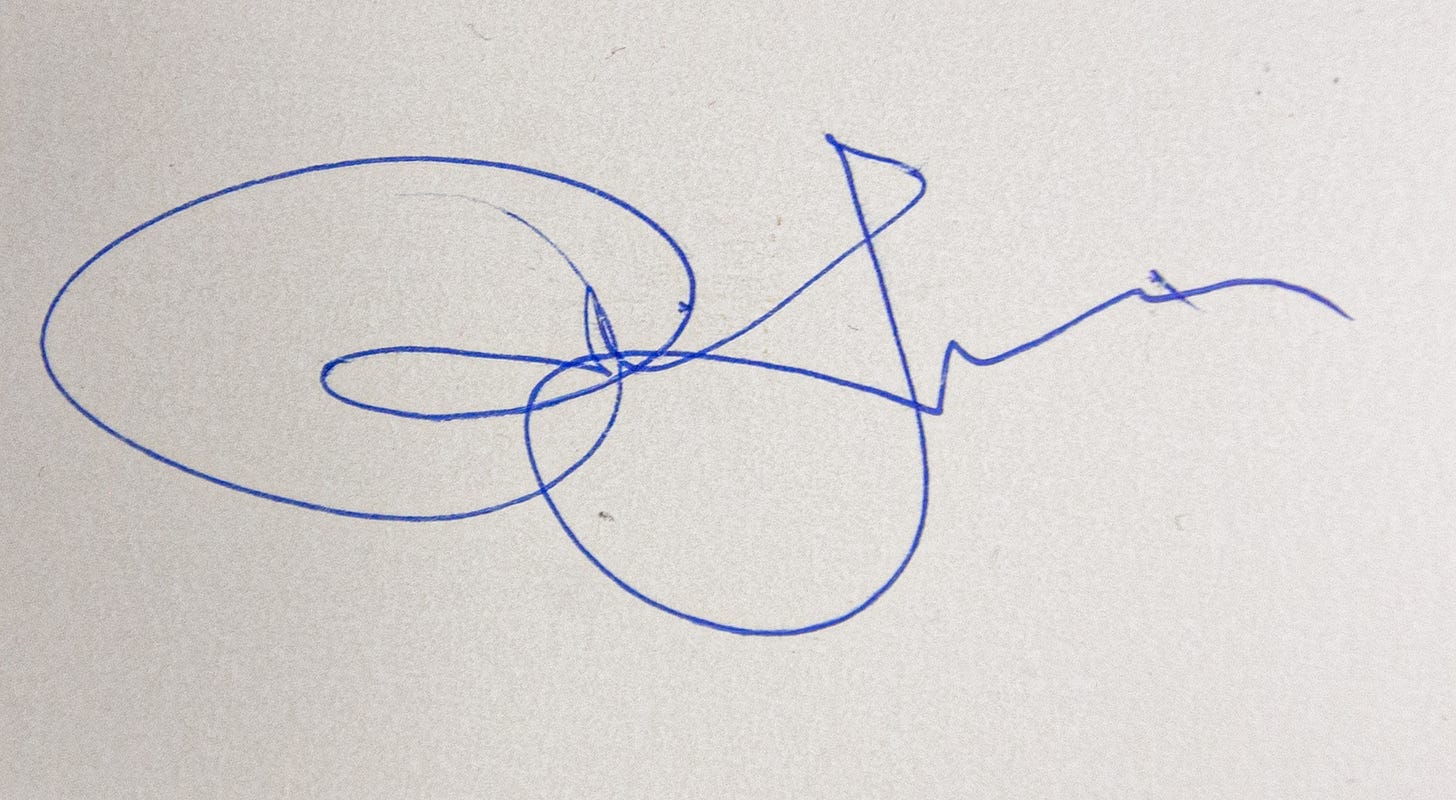
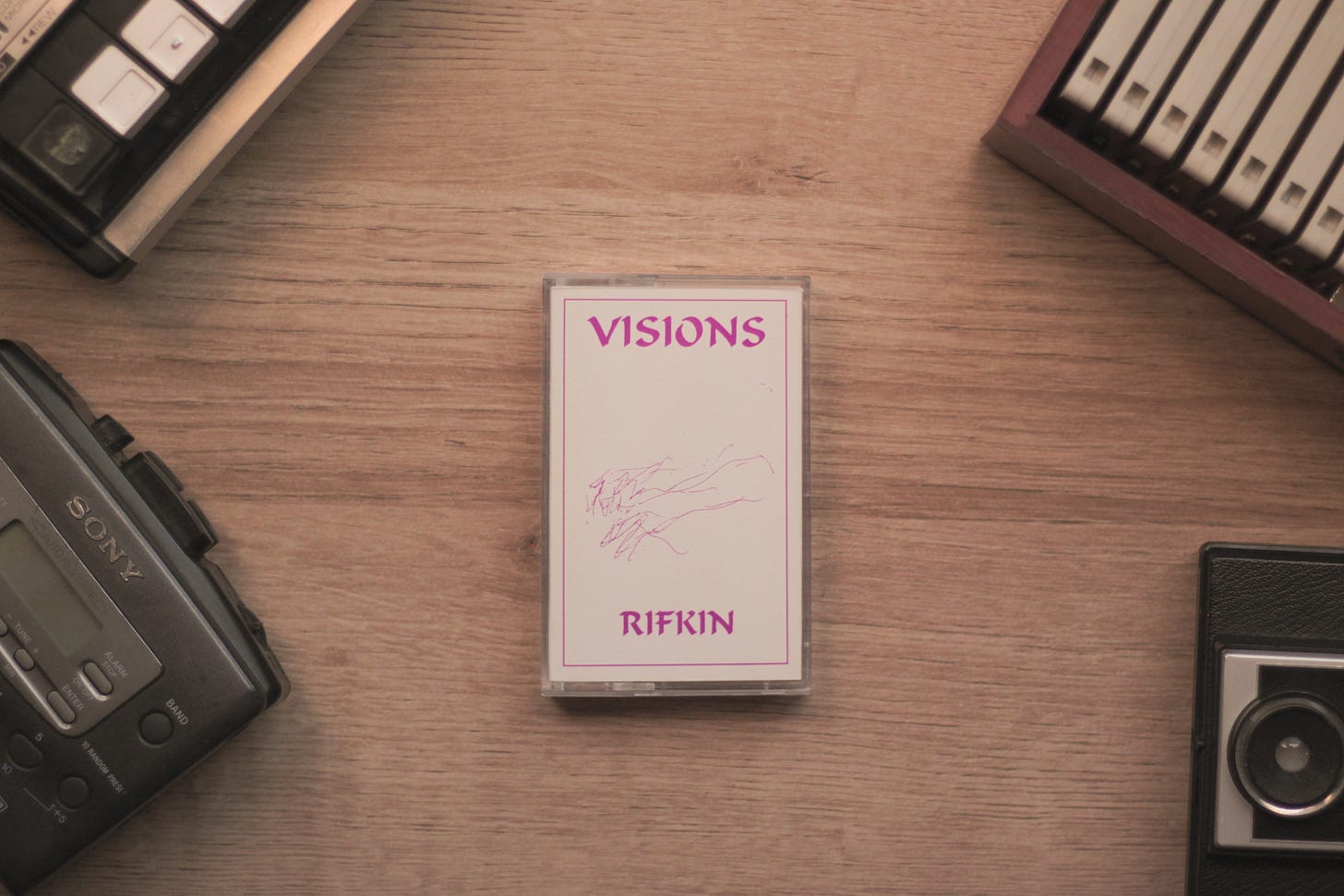
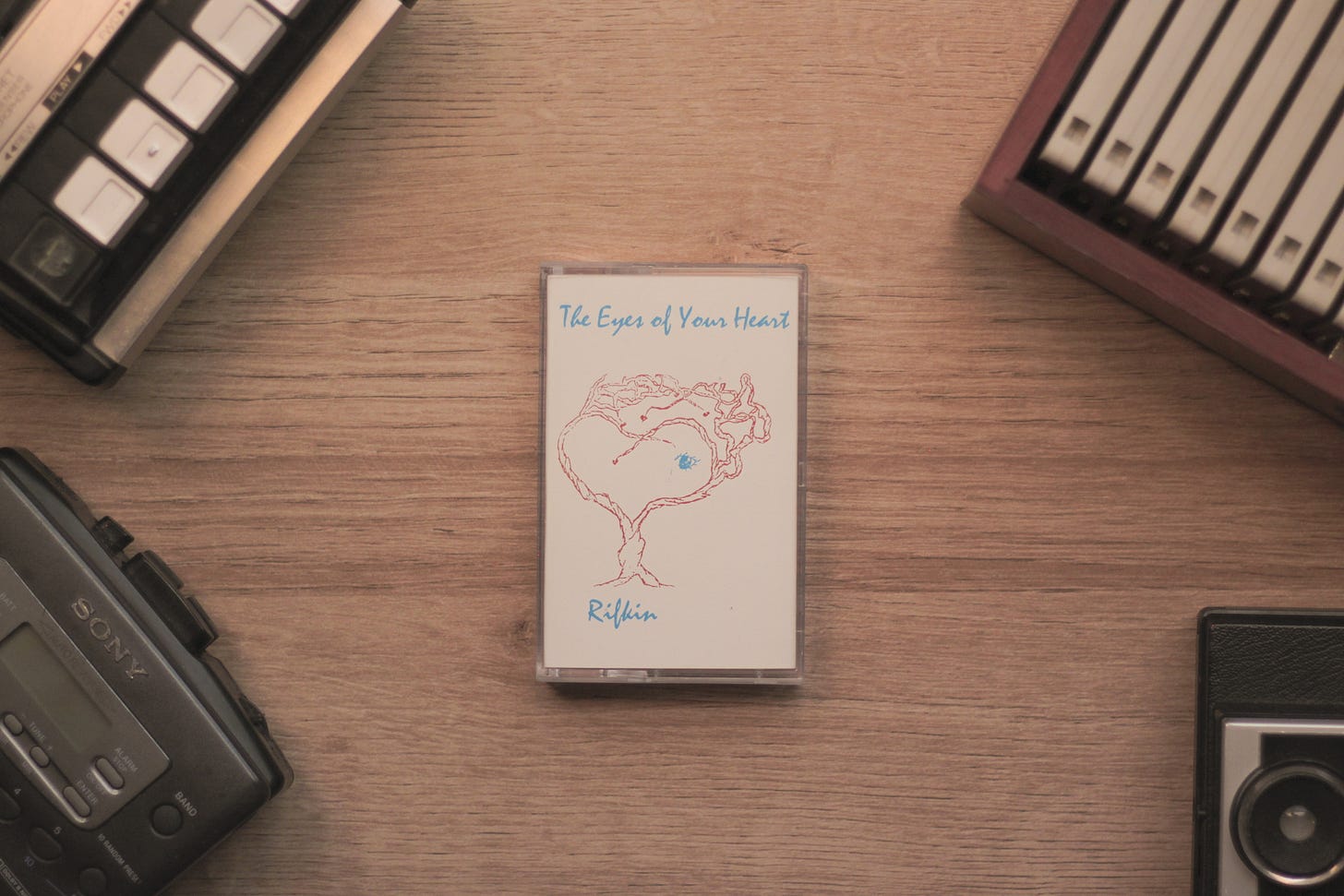
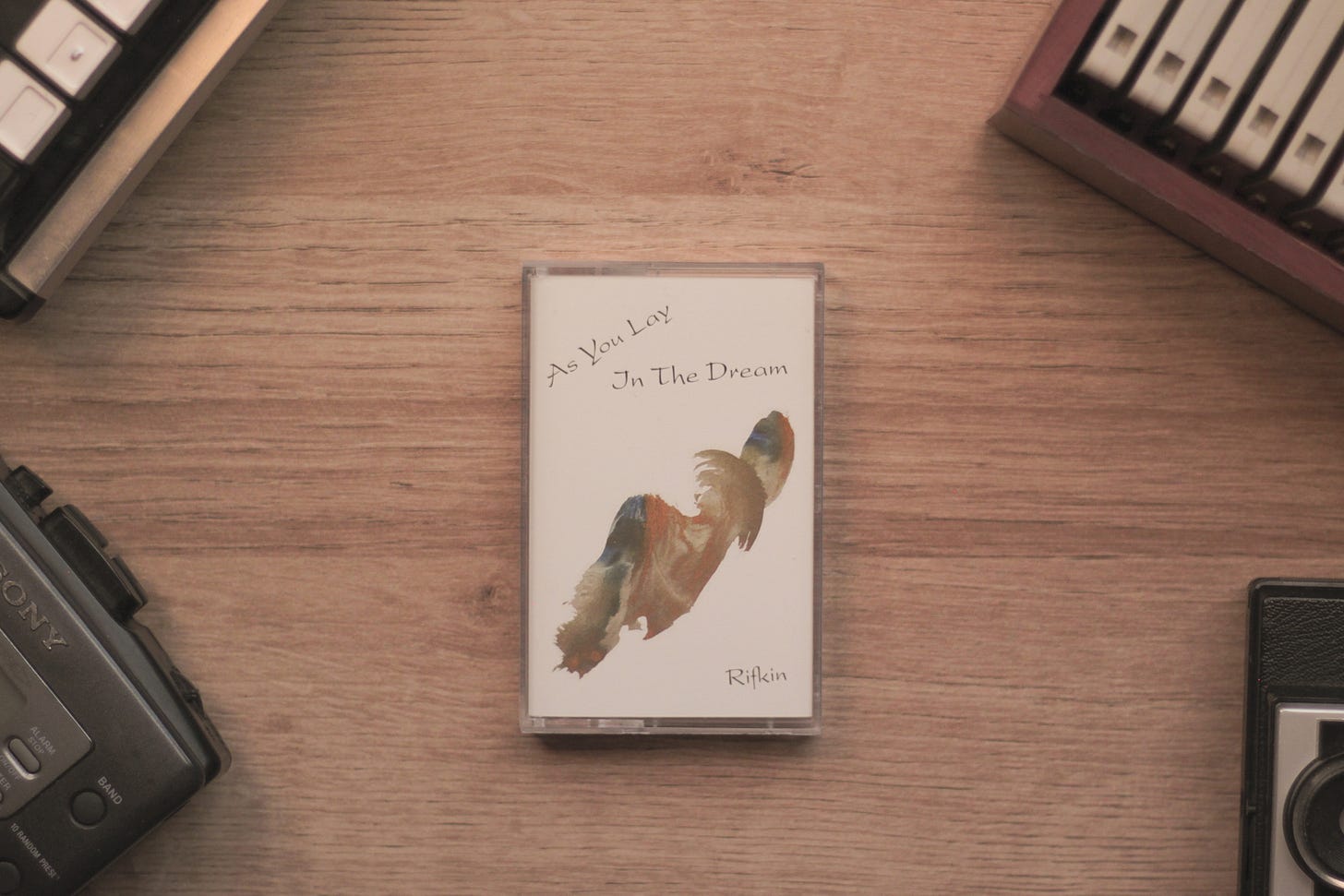
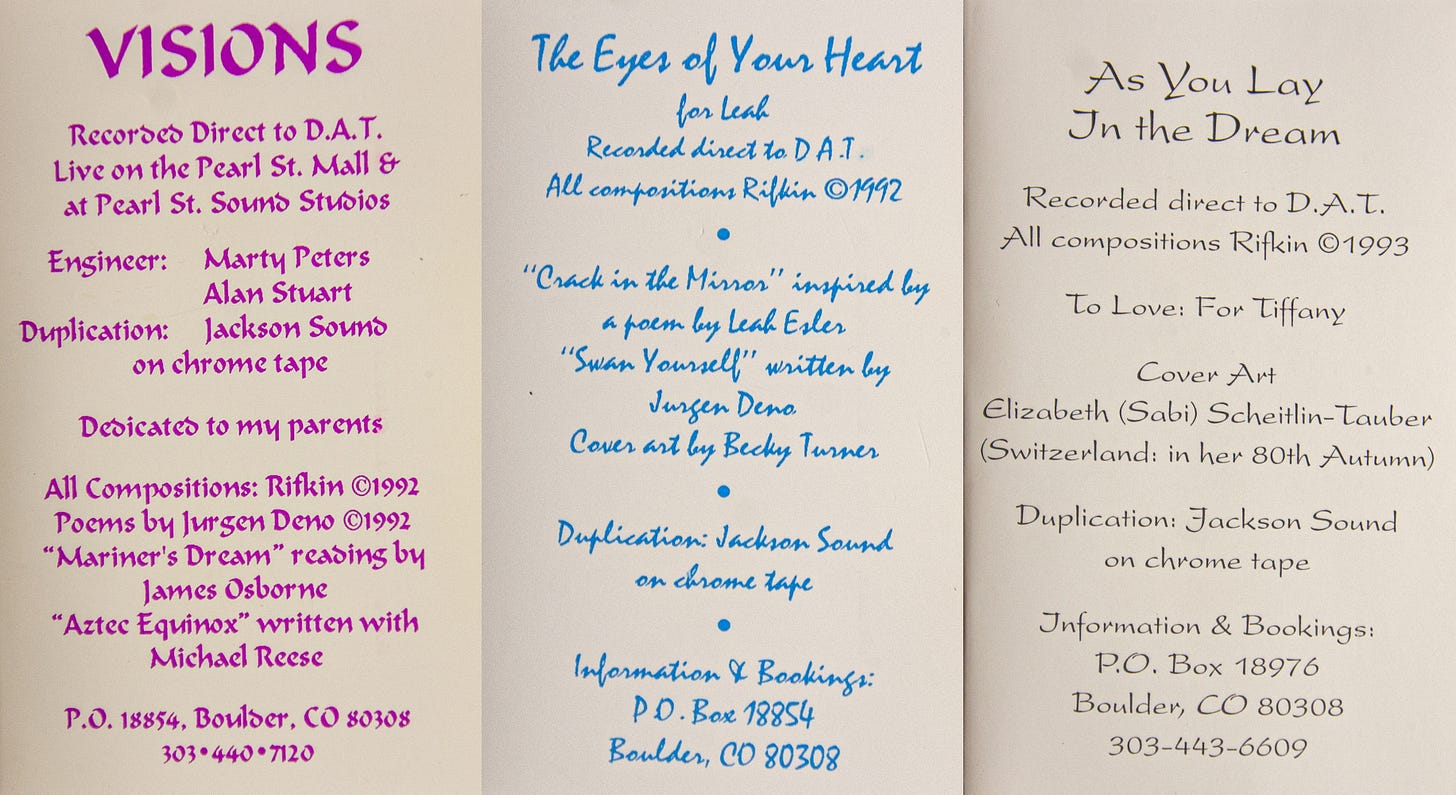
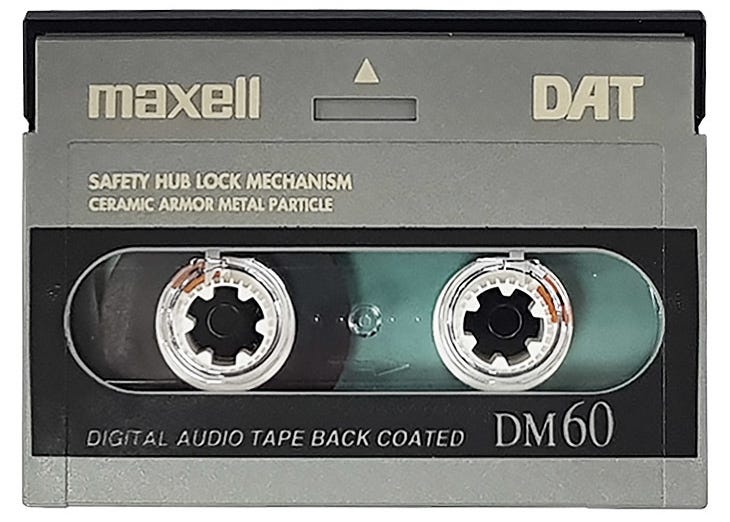
Beautiful Music!